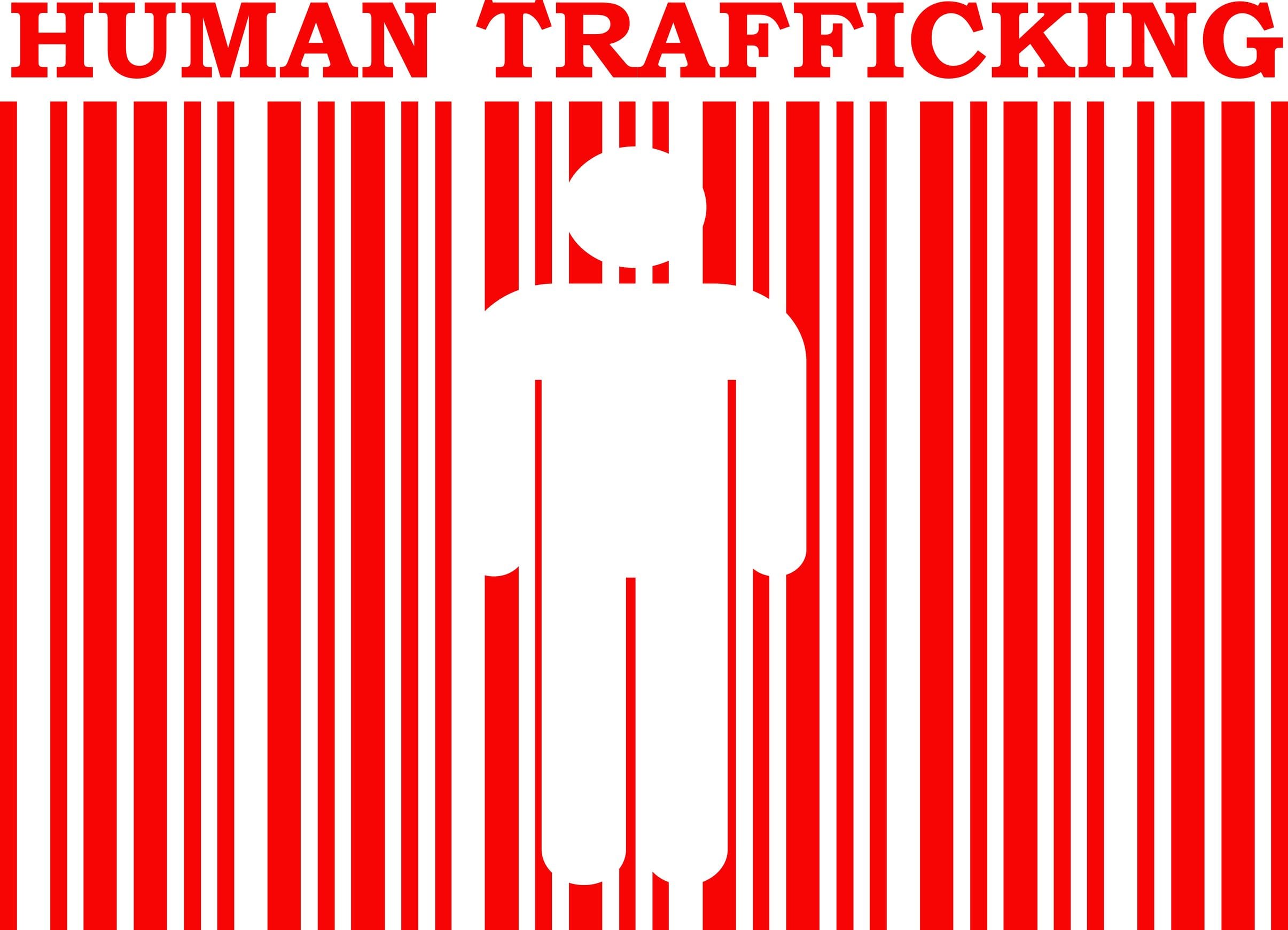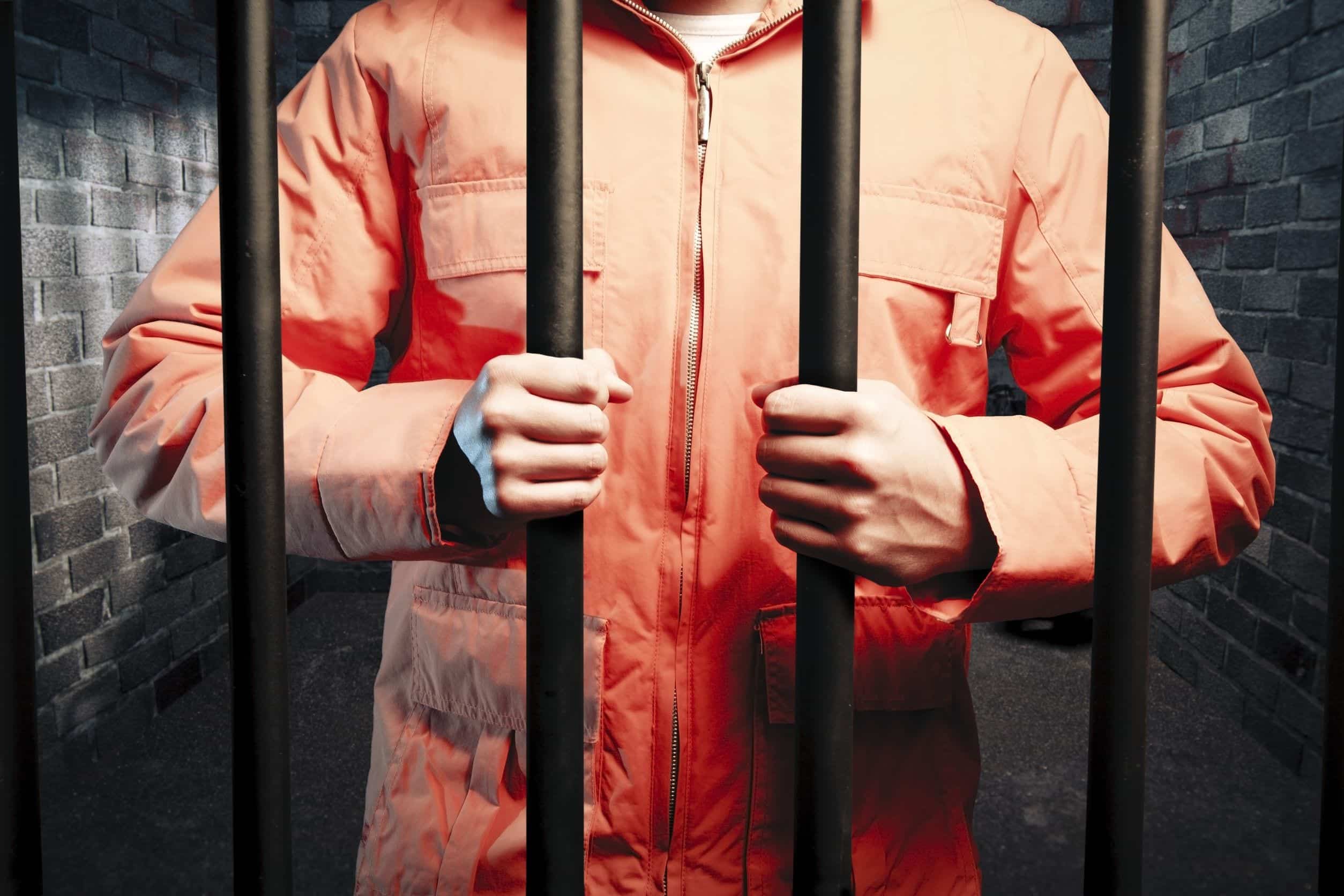- Home
- THE FIRM+
- Criminal Defense+
- CASE RESULTS
- AREAS WE SERVE+
- FAQ’s
- Blog
- Contact
AZHARI LLC BLOG
Nov. 13 2018
Your Guide to Illinois Sex Trafficking Laws

Posted By: Sami Azhari
Category:
If you have been accused of sex trafficking in the state of Illinois, you may think that your life is over. After all, it is an incredibly serious crime, and you are likely to face both severe penalties and the possibility of public shaming if the press learns of the charges.
With all of this in play, you desperately need to know your rights.
In this post, we’ll explain why sex trafficking is getting so much attention right now, give you a guide to the state laws, and let you know what you can do to fight back against your charges.
Facts about Illinois Sex Trafficking
These days, sex trafficking is occurring more frequently in Illinois, and law enforcement officials are becoming more vigilant about seeking out offenses and prosecuting those accused.
Here are several documented facts about sex trafficking in our state:
- From 2012 to 2016, 720 cases of sex trafficking were reported to the National Human Trafficking Hotline. The areas in Illinois with the most reports are Chicago, Peoria, and East St. Louis.
- The vast majority of reported cases involve females.
- US citizens or permanent residents comprised 286 cases, and foreign nationals made up 174 cases.
- The victims were made up of 460 adults and 228 minors.
- The most common locales for sex trafficking services are brothels, hotels and motels, and escort services. Other methods include online advertising, strip clubs, and street-based solicitation.
With more and more cases being reported every day, countless people are getting arrested on suspicion of violating sex trafficking laws. Protecting yourself from charges starts with knowing the law.
The Basics of Illinois Sex Trafficking Laws
In our state, it is a crime to knowingly harbor, entice, recruit, provide, transport, or obtain by any other means another person who will be subjected to involuntary or sexual servitude. Attempts to commit any of these actions are also considered criminal activity and are punishable by state statute.
A conviction for sex trafficking in Illinois is a Class 1 felony under most circumstances. However, the offense will be bumped up even further – to a Class X felony – under the following conditions:
- Kidnapping or attempt to kidnap
- Aggravated criminal sexual assault or attempt to commit aggravated criminal sexual assault
- Attempt to commit first degree murder
Other aggravating circumstances may lead to special sentencing as well.
For example, if the victim experienced bodily injury, the offender may be required to serve an extended term sentence. The judge will consider the length of time the victim was held. If the victim was held for at least 180 days, additional penalties may apply.
Another example? If the sex trafficking case involved more than 10 victims, the penalties can be significantly increased.
All sex trafficking convictions will require the offender to pay restitution to the victim. The restitution amount will either equal the value of the victim’s labor in accordance with minimum wage and overtime laws, or the gross income from the victim’s services, whichever amount is greater.
The court may also impose a fine which will be distributed by the courts to the Specialized Services for Survivors of Human Trafficking Fund. The courts have a right to seize the offender’s property if a conviction occurs.
Why You Need to Fight an Illinois Sex Trafficking Charge
In short, felony charges for sex trafficking in Illinois come with steep penalties.
Class 1 felony conviction
- State prison sentence of four to 15 years
- Extended term sentence of 15 to 30 years
- Fine of up to $25,000
Class X felony conviction
- State prison sentence of six to 30 years
- Extended term sentence of 30 to 60 years
- Fine of up to $25,000
As you can see, a conviction will result in very serious consequences. To fight your charges and have the best chance at avoiding these life-altering penalties, you need to work with a skilled Chicago criminal attorney. As soon as charges are filed against you, reach out to a well-regarded defense lawyer to start building a strong defense.
With the right strategy, you may be able to get your charges reduced – or even dropped. These types of defenses may work in your case.
- Lack of knowledge
- Lack of intent
- Mistaken identity
- Insufficient evidence
- Coercion or duress
- Mental incapacitation
A felony conviction hurts you in numerous ways. Even after your prison sentence has been served, you will likely have a hard time getting a job, securing loans, or finding quality housing. Your educational and professional licensing opportunities may be severely limited. You will also lose basic rights, such as the right to vote or bear arms, and you could possibly lose custody of your children.
Do not let this happen to you. Arm yourself with knowledge and fight back.
About the Author
Sami Azhari has been working as a lawyer since 2007, after receiving his Juris Doctor from the Michigan State University College of Law. He has handled numerous state and federal cases, and is known throughout the Chicago and Rolling Meadows area for providing his clients with high-quality, skilled representation. He has been recognized by SuperLawyers, the National Trial Lawyers Association, and other notable organizations, and has spoken at a number of legal conferences.



























































